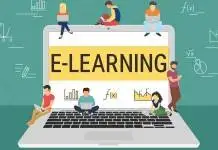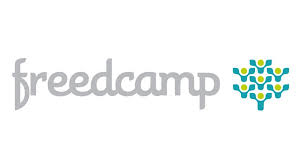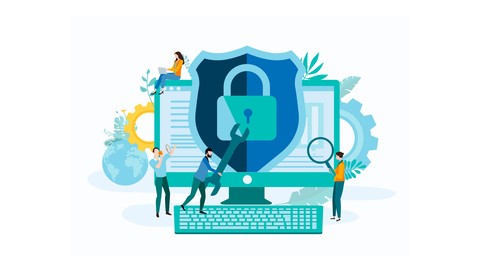There are many problems that arise when our country aims to get ahead with the global trends and begin its own form of Indian educational technological advancements. A few of the problems can be dealt with simple marketing strategies or some clever design models. But there are other hardships that any Ed-tech company in India will surely have to face Ed-tech sector.
Educational technology is the facilitation of students learning through the use of any technology or electronic devices. This type of learning is considered more feasible for students and teachers and is thought to be the future of classroom learning, where the traditional methods will all fall short in the face of the opulent tech. Some of the problems that can be faced by the edtech sector in India are:
Our culture

Important Announcement – EasyShiksha has now started Online Internship Program “Ab India Sikhega Ghar Se”

Our students have been vastly influenced by the chalk-blackboard culture of our country where we seldom shift our ways to any form of technical or technological formats. Even though more and more students are taking online courses and online classes to facilitate their learning, the tuition culture in India is vastly believed upon by both parents and students.
They do not believe that any online teaching can do them the same good as a professional coaching centre where there will be an actual teacher or instructor. It might take a while before we get used to this global trend.
Personalized teaching
We have, of course, started the usage of smart boards in our classrooms but that is as far as schools or colleges are willing to go, as they still believe that a teacher cannot be replaced by a machine and they are right in some ways. Humanised teaching will be preferred by any parent or child here because it has got a more personalized and predictive way of teaching. These methods are hard to overcome. And these certainly won’t change in the coming years.
Cost Factor
The installation costs for these smart boards or for creating online video tutorials might all become too expensive for an educational institution to handle. There are liability costs, costs of hardware, and coders for building the software and if anything happens to it like a virus or a bug, one again needs specialists for damage control. There are so many things pertaining to this new technology that people usually hesitate to adopt it on their own.
Infrastructure challenges
There is poor infrastructure and network reach for all the edtech start-ups. A single company can only do so much for increasing the coverage for its students. The students are also not very with this technology, which to them is a new friend that they have not befriended yet. There is still a lot of cynicism about such techno innovations.
Content management
The Civil Services exams are conducted by the UPSC every year to fill up the government sector jobs. The syllabus for these types of exams ranges from current affairs to mathematical or subject knowledge as well as logical thinking. Content for such types needs teachers with vast knowledge who are also good with communication as well as software skills, which is usually hard to come by. There are so many problems with finding the right person to manage the content of the lectures. This is a really important step because it is the basis of what the student will learn and receive as educational input.
For UPSC civil services, there 24 services like the IAS, IFS and the IPS, among a few, and these mostly cannot be taught in any virtual format or through edtech because cannot support all the vast syllabus needed with the correct quality content. In this scenario, any student will trust a tattered, recommended, hand-me-down book from the local store more than any newbie, unfamiliar technology that has erupted from the skies.
Top Software Engineering Courses
The syllabus too is ever-changing, and there are a number of courses online for free with textbooks, easily available concepts and answers which the students will any day head to, rather than a paid, premium edtech brainchild. With everything from previous year question papers to practice tests and quick concept tips and tricks to exam remedies available online, students have little to appreciate this new edtech for.
There are many hardships that the edtech sector still has to face before it can become an acceptable method of teaching and learning. However, startups, today, are trying their best to oust the traditional teaching methods through mobile learning, app development and logistic designing. In the future, if this technology helps the students to achieve more than what they can through simple classroom teaching, then hopefully edtech will see a rise.
Anish Passi,
Director at Neostencil, an Ed-Tech startup funded by the Times Group
————————————————————————————————————-
Read More
Empower your team. Lead the industry
Get a subscription to a library of online courses and digital learning tools for your organization with EasyShiksha
Request NowALSO READ: Paradigm-shift-in-engineering-education-to-life
Get Course: Introduction-to-Power-BI







































































